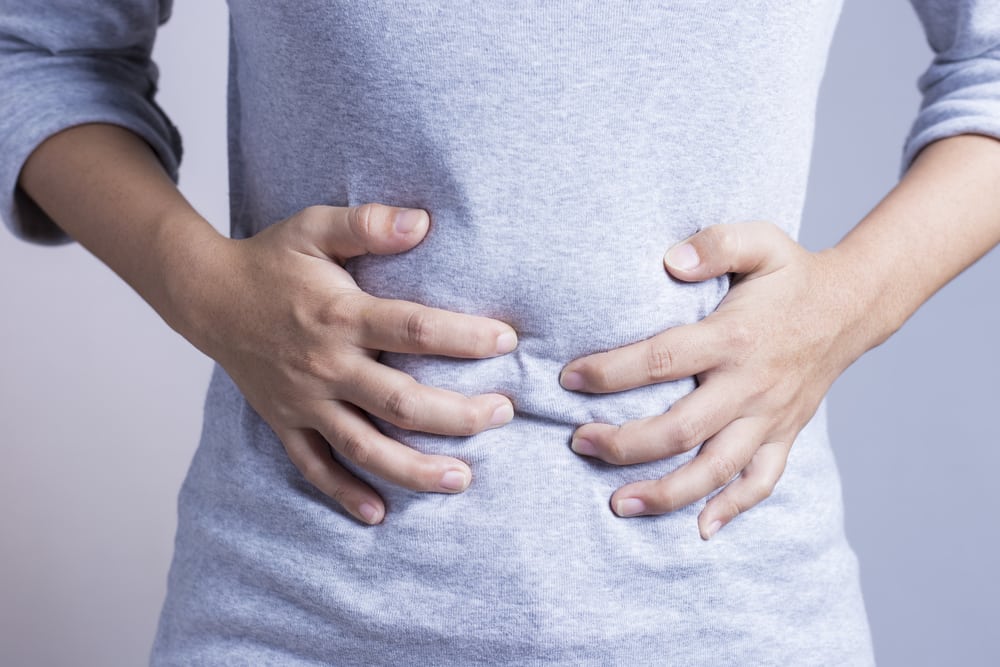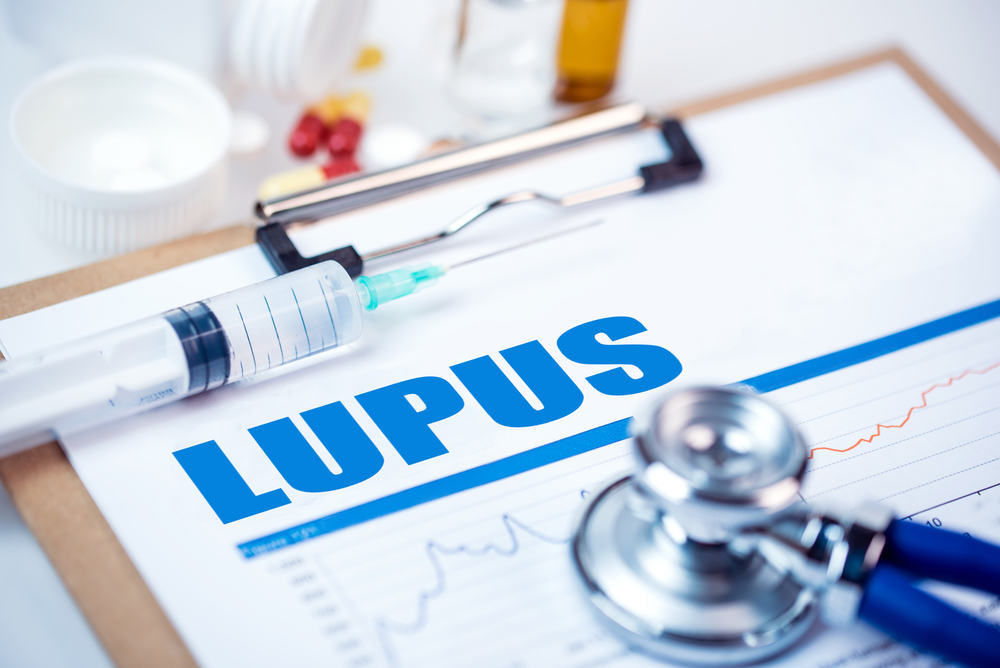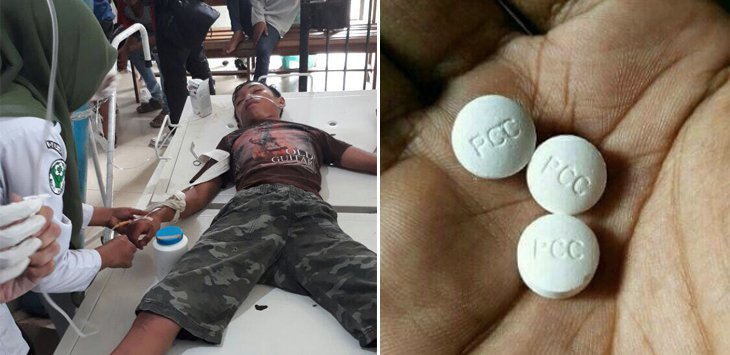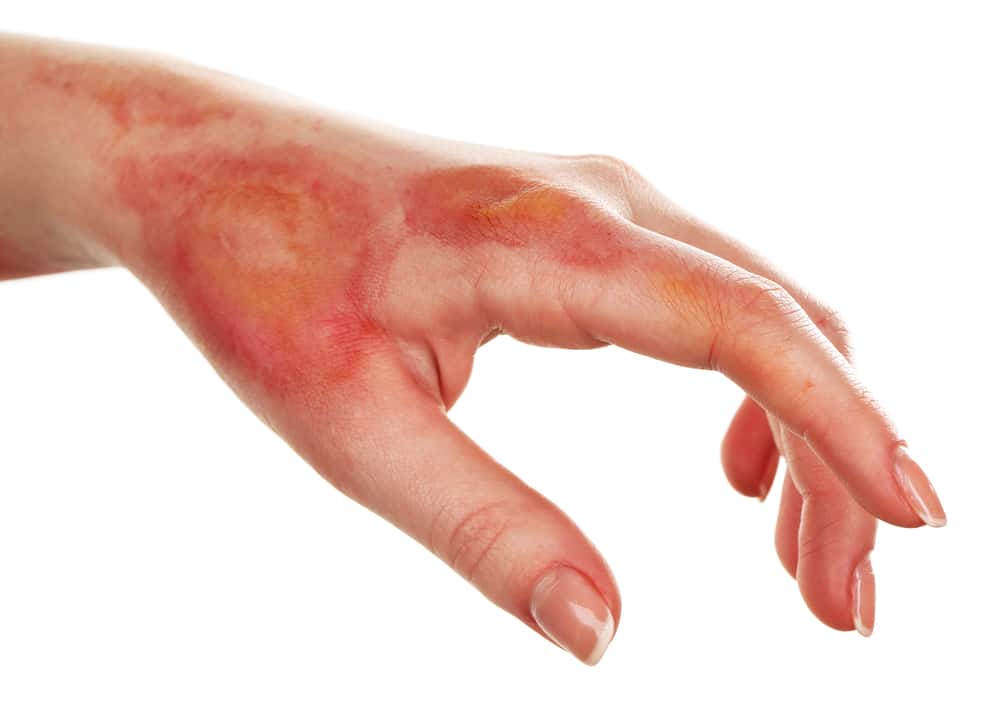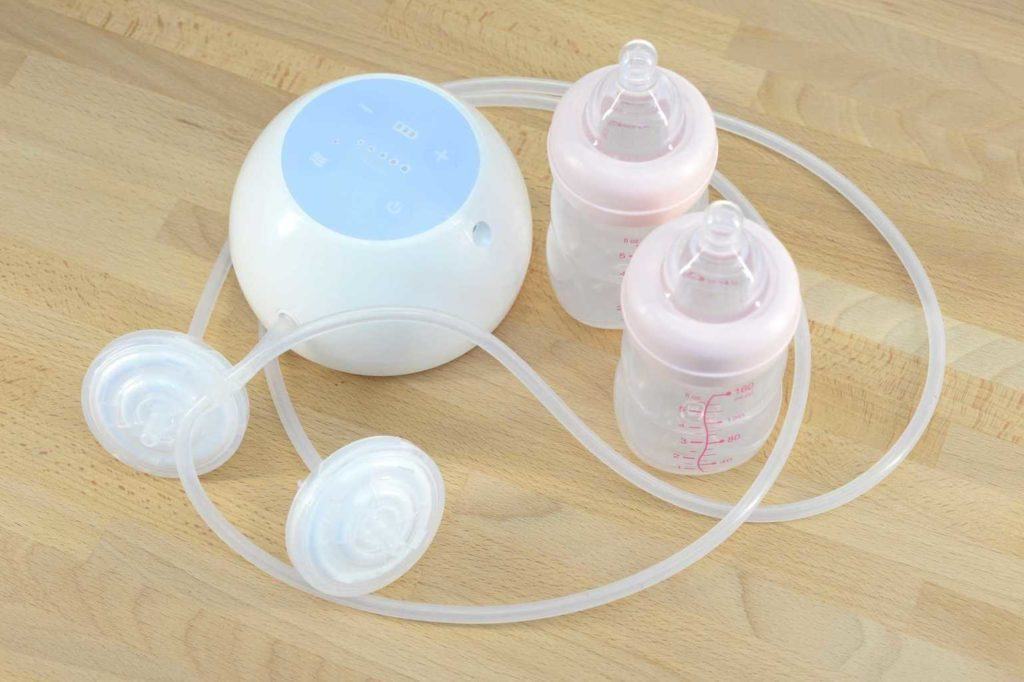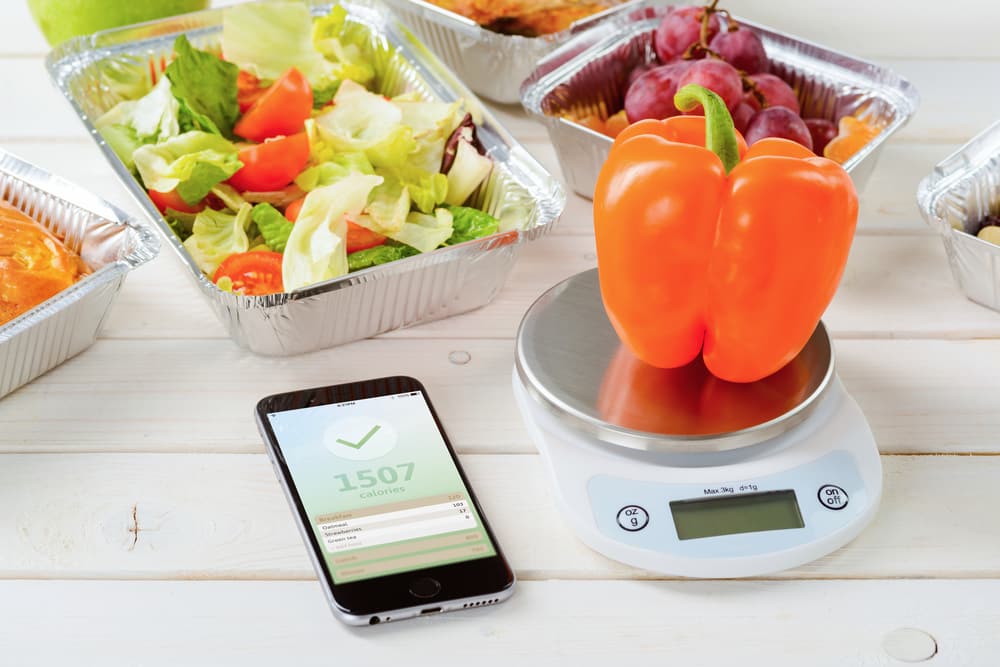Contents:
- Medical Video: 5 Types of Depressive Disorders
- What are the symptoms of mild typhoid?
- What are the symptoms of typhoid that are severe and need to be addressed immediately?
- 1. Internal bleeding
- 2. Respiratory disorders
Medical Video: 5 Types of Depressive Disorders
Tipes or typhoid fever is one disease that is often experienced by adults to children. This disease should not be underestimated and must be treated immediately. Because if not, symptoms of typhoid can develop into severe and fatal. So, let's recognize the symptoms of typhus from mild to severe.
What are the symptoms of mild typhoid?
Typhoid symptoms usually appear from 6 to 30 days after you are infected with bacteria Typhii Salmonella. At first, people who start getting typhoid will have a fever and a rash all over their body, especially the neck and abdomen.
Fever due to typhoid tends to increase day by day, usually reaching 39 to 40 degrees Celsius. Other typical features include:
- The body feels weak
- Sweating
- Muscle ache
- Stomach ache
- Diarrhea or constipation
- Headache
- Loss of appetite
After a few days, you may feel the symptoms of typhoid begin to decrease and slowly disappear. But be careful, bacteria Typhii Salmonella it could still be lodged in your body.
This means that typhoid disease can still recur at any time. Usually, typhoid can return again two weeks after symptoms disappear.
What are the symptoms of typhoid that are severe and need to be addressed immediately?
Symptoms of typhoid do begin with mild symptoms. However, this does not mean you can just take it for granted.
Although rare, severe typhoid can be fatal if not treated quickly. Severe and serious typhoid features include:
1. Internal bleeding
When your typhoid is severe, typhoid bacterial infections can cause internal bleeding in the intestine. This condition is referred to as intestinal perforation. Symptoms include:
- Feel tired all the time
- Nausea and vomiting
- Great abdominal pain
- Pale skin
- The heart beats irregularly
- Vomiting blood
- BAB is very dark or black
2. Respiratory disorders
Bacteria that cause typhus can also trigger respiratory infections in the form of pneumonia, if not treated immediately. As a result, sufferers will experience:
- Fatigue
- Fever
- Muscle ache
- Pain and tightness in the chest
In addition to these two diseases, severe typhus can also trigger other diseases such as kidney infection, pancreas, heart, to the brain. Therefore, immediately consult a doctor if you begin to experience one or more symptoms of the type above.




